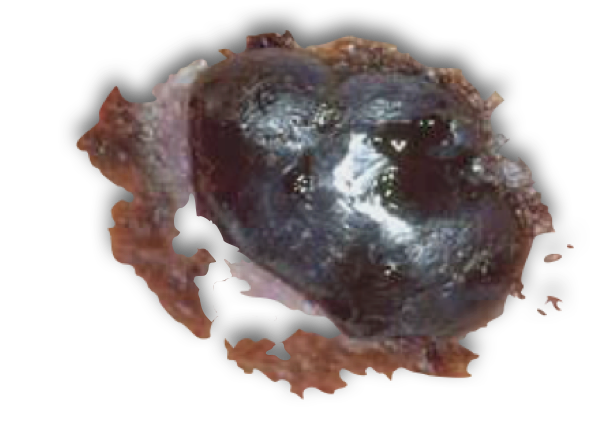Department of Plastic and Breast Surgery, Louise Bønnelykke
Ulceration is an important prognostic marker, and interestingly also found to be a predictive marker for the response of adjuvant immunotherapy (alpha-interferon) in patients with melanoma. Little is known about the biological background of the prognostic impact of ulceration in melanoma, and how wounding might influence the underlying melanoma cells. We conducted an in-depth analysis of inflammatory markers in ulcerated melanoma and collaborative zebrafish experiments (Paul Martins Lab. Bristol, UK) allowed live visualisation of the behaviour of inflammatory cells around a wound and early pre-neoplastic cells. These studies showed that inflammatory cells are recruited to site of tissue wounding, although rapidly distracted from a wound by competing attractants from nearby pre-neoplastic cells. The interaction between inflammatory cells and pre-neoplastic cells led to increased proliferation of the pre-neoplastic cells, entirely dependent upon innate immune cells, in particular neutrophils. The clinical data showed that the density of infiltrating neutrophils correlates with tumour cell proliferation. In addition, we demonstrated an independent prognostic link between neutrophil influx and melanoma-specific survival, supporting the hypothesis that wound-induced inflammation may be detrimental to patient survival.